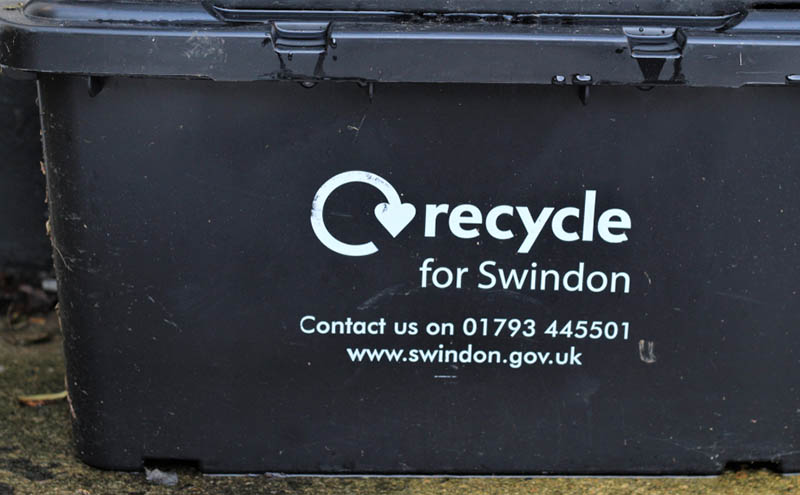
The Institution of Occupational Safety and Health’s (IOSH) has recently advised local councils to discontinue “box type” recycling collections, as a “matter of urgency”.
Recent research by the University of Greenwich and Glasgow Caledonian University carried out over a four-year period between 2010 and 2014 confirmed previously established findings, that musculoskeletal injuries fell when wheeled bins were used instead of boxes or bags.
The research used body mapping as part of the risk assessment process to quantify ill health arising out of work and the associated relationships between the methods of waste collection and musculoskeletal disorders (MSDs).
Participatory body mapping exercises were carried out using staff at a UK District Council two years before and after the move from boxes and baskets to a wheeled bin recycling service.
Their data clearly supports previous studies showing that wheeled bin-based services are associated with less MSD outcomes than services including boxes, baskets and sacks.
Joseph Doherty, Managing Director of Re-Gen Waste, the firm that operates one of Europe’s largest materials recycling facilities, has endorsed the advice.
Mr. Doherty said: “Having studied these research findings and taking into account the IOSH’s existing recommendations on Manual handling in refuse collection HSL/2002/21 and Manual handling in kerbside collection and sorting recyclables HSL/2006/25, we have to accept the specialist expert advice, that current box collection methods are creating ill-health problems.”
“At industry level, the onus is on us to protect the health of workers collecting household waste on our behalf. Research like this cannot be ignored just because the findings don’t support your preferred method of waste collection.
“This is legitimate research carried out with local authorities, recycling organisations who have provided access to their facilities and crew and manufacturers of recycling boxes and bins and kerbside vehicles, who have all collaborated in an attempt to mitigate further ill health from back injury, caused by the manual lifting of kerbside boxes.
“And while the kerbside boxes themselves may meet the manual handling guidelines issued by the Health and Safety Executive, all the previous and current research advises that wherever possible, refuse collection should be carried out using wheeled bins, for the collection of recyclables.”
Mr. Doherty also highlighted the householders themselves, and questioned if anything is being done to properly advise them in the lifting and carrying of kerbside boxes. He said, “employees are offered some level of protection arising from employers’ responsibilities and their duty of care but what about householders?
“They are lifting and carrying the kerbsort boxes in much the same way, and probably further, without the safe level of training that is provided within the workplace environment.
“Are they aware of the proper lifting technique, where the box centre of gravity is and where to correctly place their hands and feet to distribute the load evenly? What is their recourse if they sustain an injury and will we be looking a personal injury cases being taken against councils in the future?”
“The use of a wheeled bin reduces the risk of manual handling injury compared to handling non-wheeled containers. Therefore were possible, it stands to reason that it is more appropriate to use wheeled bins for the collection of recyclables.”







